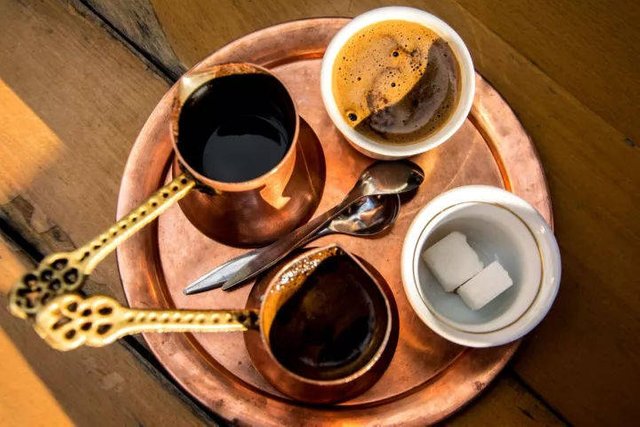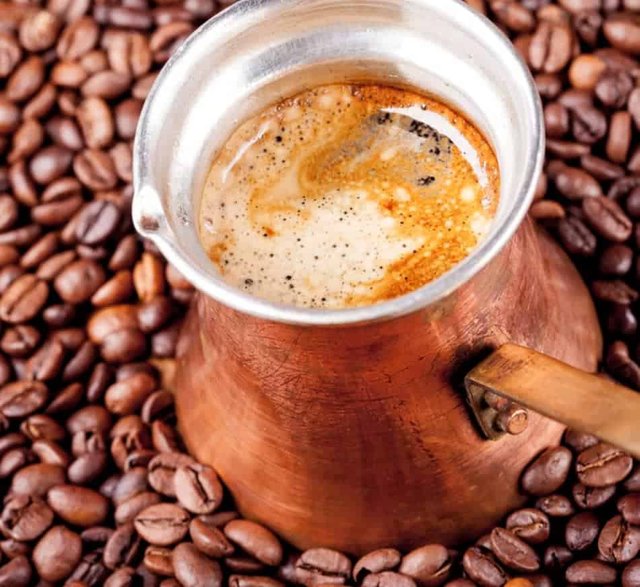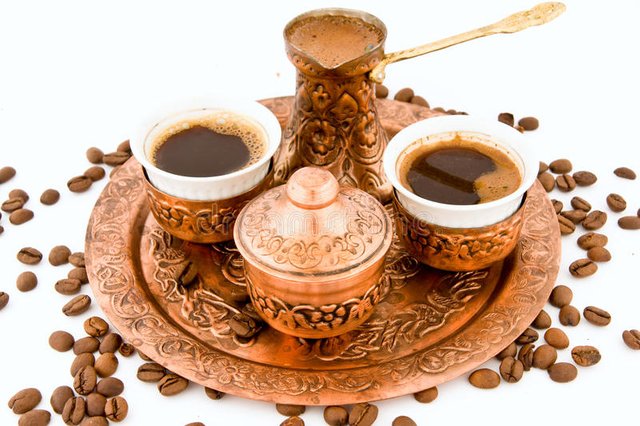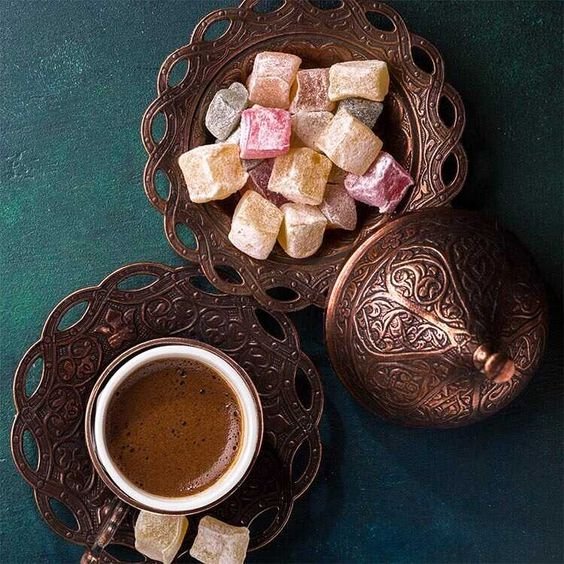Travel to Turkey: just for the coffee there!
Turkish coffee culture and tradition occupy a place in the UNESCO intangible cultural heritage list. This is crucial to Turkish culture, which means "kahvalt" in Turkishı” It can even be directly translated as "meal before coffee". When visiting friends and family in türkiye, Turkish coffee is always part of every occasion and is always available when you enter someone's house. It is an important part of the wedding celebration, engagement, birth and almost anything you can think of. Cafes can be seen everywhere on the street, and the coffee provided by adabı muhabbet is no worse than that provided by cafes.

Fortune telling in coffee grounds is another feature of Turkish coffee. The popularity of this beverage was the reason for the formation of the first coffee shop in Istanbul and spread to other parts of Europe from there. "Every cup of coffee carries 40 years of memories" is a traditional Turkish proverb, so you can really understand the importance of this drink to culture.
But what is Turkish coffee and how is it different from other types of coffee? As you might expect, this is not beans. Any type of coffee beans can be used to make Turkish coffee (of course, some are better than others). Turkish coffee is just a very fine coffee powder, which is then left in the coffee when it is served. Coffee is boiled in a special pot called cezve (with sugar added) until it bubbles, usually many times. So what are these various types of Turkish coffee?

snmc
Menengi ç Turkish coffee is actually made from completely different coffee beans, not coffee beans at all. It is made from beans native to the Pistacia terebinthus tree in the southeast of turkiya. Compared with ordinary coffee, this coffee contains no caffeine, has a stronger fruit flavor, although it is still dry, and has more or less the same consistency because it is made in the same way as ordinary Turkish coffee. This is a local delicacy that is hard to find anywhere except t ü rkiye, so once you come here, you should really try! There is no doubt that, like Turkish coffee, it has many related health benefits.
Dibek
Dibek Turkish coffee is a stone ground Turkish coffee, which is usually beaten in a stone mortar with a stone pestle. The way it was ground changed its taste and color a little. It's also a little thick and cooked in a slightly different way - using hot water instead of cold water for traditional Turkish coffee. Many cafes offer each type of coffee on the menu, and if you want a lighter, possibly almost milky coffee, dibek is your best choice.

Mira
Mirra coffee is a strong, slightly bitter coffee (the word Mirra literally derives from the Arabic word "bitter"). The bitterness comes from the coffee beans, which are roasted twice and are not ground like traditional Turkish coffee. Cardamom or other flavors are usually added to counteract the bitterness. It may be the most common form of coffee in the southeast of Turkie, especially in Urfa.
On sand / coal / ash
Turkish coffee can be cooked in different ways on sand, coal or ashes. As you might have guessed, the way it is cooked will affect its taste, although cooking on sand may be the most traditional way. You will often see these three kinds of food in t ü rkiye. Of course, at home, it will only be cooked on an open stove, but what fun is it!
Damla Sakızlı and other aromatic Turkish coffee

Chocolate, cardamom, vanilla, hazelnut and caramel can all be added to Turkish coffee, although by far the most common additive is frankincense. This adds a unique flavor to Turkish coffee and really complements the coffee itself, so that you may not even notice that there are other things there, but it is a particularly delicious coffee.
Visit the yummyadvisor website to find out more about Turkish coffee, pick your favourite cafe and enjoy coffee together.